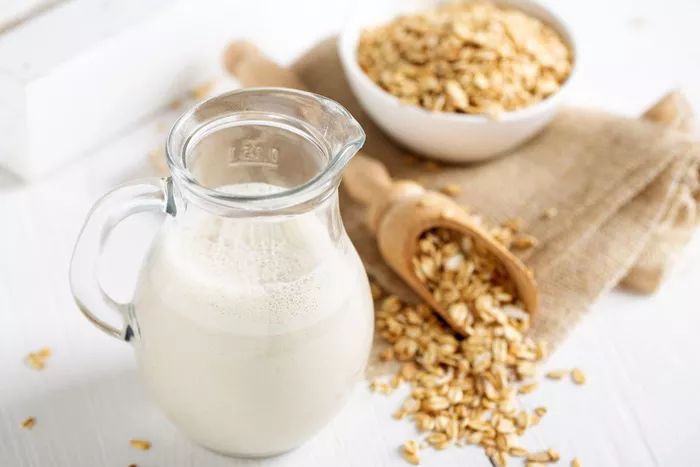A large UK study has uncovered compelling evidence that incorporating more calcium into your diet, equivalent to a glass of milk daily, can significantly reduce your risk of bowel cancer. The groundbreaking research, conducted over 16 years, analyzed the diets of more than half a million women and found that calcium-rich foods, including dairy and plant-based options, offer protective benefits.
The study, a collaboration between Oxford University and Cancer Research UK, highlights the crucial role of calcium in reducing bowel cancer risk. Lead researcher Dr. Keren Papier emphasized that the findings support the protective effects of calcium, whether from dairy products or other sources like leafy greens, bread, and non-dairy milks fortified with calcium.
“An extra 300mg of calcium a day – roughly the amount in a large glass of milk – lowers the risk of bowel cancer by 17%,” Dr. Papier stated. This revelation further underscores the importance of calcium in maintaining not only bone and dental health but potentially preventing serious health conditions like colorectal cancer.
The study also reinforces the negative effects of excessive alcohol consumption and processed meats, both of which were linked to higher risks of bowel cancer. Specifically, drinking one additional large glass of wine a day or eating one more ounce of processed or red meat daily increased bowel cancer risk by 15% and 8%, respectively.
Calcium Intake: Consuming an extra 300mg of calcium a day (equivalent to a glass of milk) can reduce bowel cancer risk by 17%. Dairy products, soy and rice drinks, fortified plant milks, white bread, nuts, seeds, and leafy greens like kale are excellent sources of calcium.
Alcohol and Processed Meat: An additional large glass of wine daily increases the risk by 15%, while an ounce more red or processed meat raises the risk by 8%.
Dietary Patterns: In addition to calcium, foods like breakfast cereals, fruits, whole grains, and fiber showed a slight but positive effect on reducing cancer risk.
Bowel cancer is the fourth most common cancer in the UK, with approximately 44,000 new cases diagnosed annually. While most cases are in older adults, the incidence of the disease is rising among individuals under 50, though the reasons remain unclear. Experts suspect that poor dietary habits and obesity may contribute to the increased prevalence.
Recognizing early symptoms, such as changes in bowel habits, unexplained weight loss, or persistent fatigue, is critical. Those experiencing any of these signs are encouraged to consult a healthcare professional promptly.
Although this study is observational and cannot definitively prove that calcium directly prevents bowel cancer, its scale and consistency with previous research offer strong evidence of the relationship between diet and cancer risk. With over 12,000 women developing bowel cancer during the study, the researchers believe their findings are reliable and provide crucial insights into cancer prevention.
Experts such as Prof. Janet Cade from the University of Leeds note the importance of overall diet in influencing colorectal cancer risk. Meanwhile, Prof. Andrew Prentice from the London School of Hygiene & Tropical Medicine suggests that calcium supplements could potentially offer protective benefits, although further research is needed to confirm this.
Dr. Lisa Wilde from Bowel Cancer UK stressed that half of all bowel cancers could be prevented with healthier lifestyle choices, including proper diet and weight management. “If you don’t drink dairy milk, there are other ways you can get calcium, such as from broccoli or tofu, and still lower your bowel cancer risk,” Wilde added.
Read more:
- Biden Administration Moves To Eliminate Medical Debt From Credit Reports
- Over 15,000 Doctors Demand Senate Reject Rfk Jr. As Health Secretary
- Ozempic And Other Medications Could Benefit From Medicare Price Negotiations — But Will Trump Support It?


